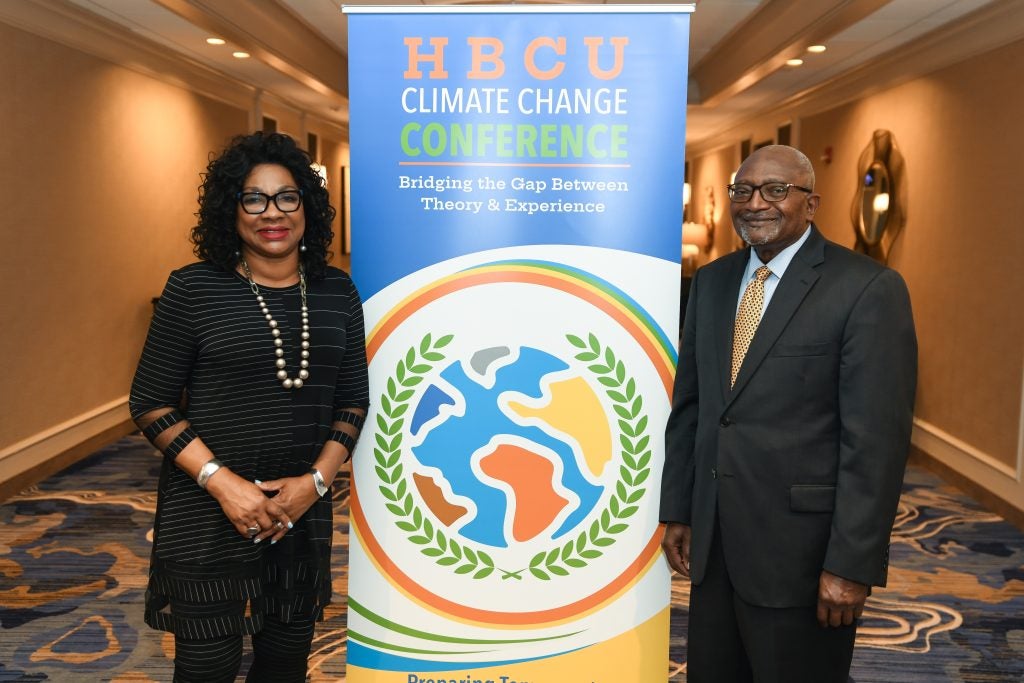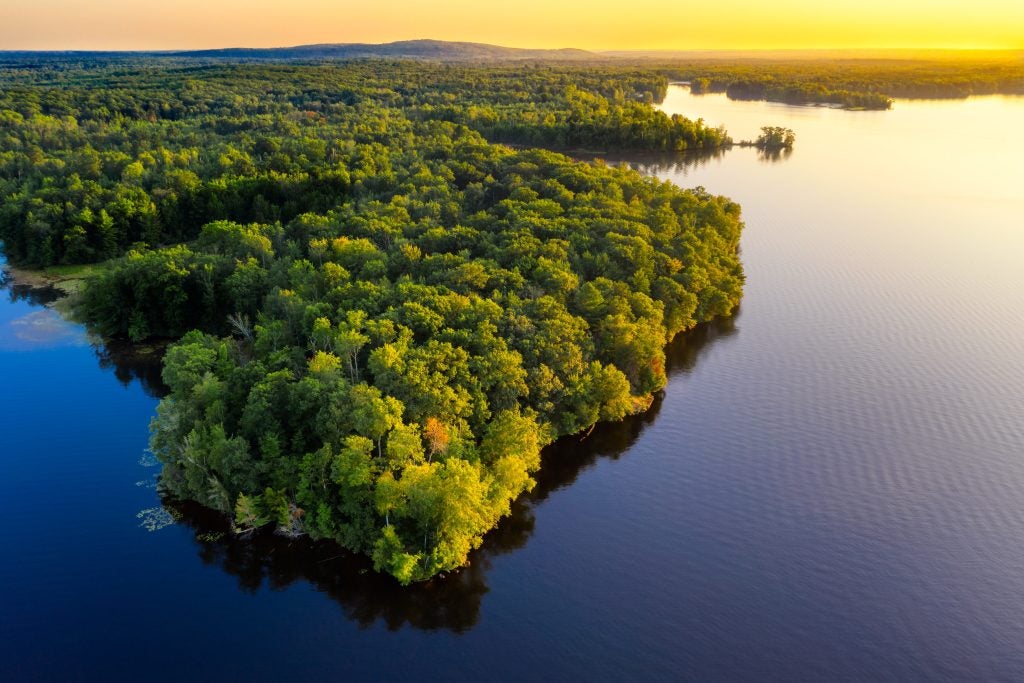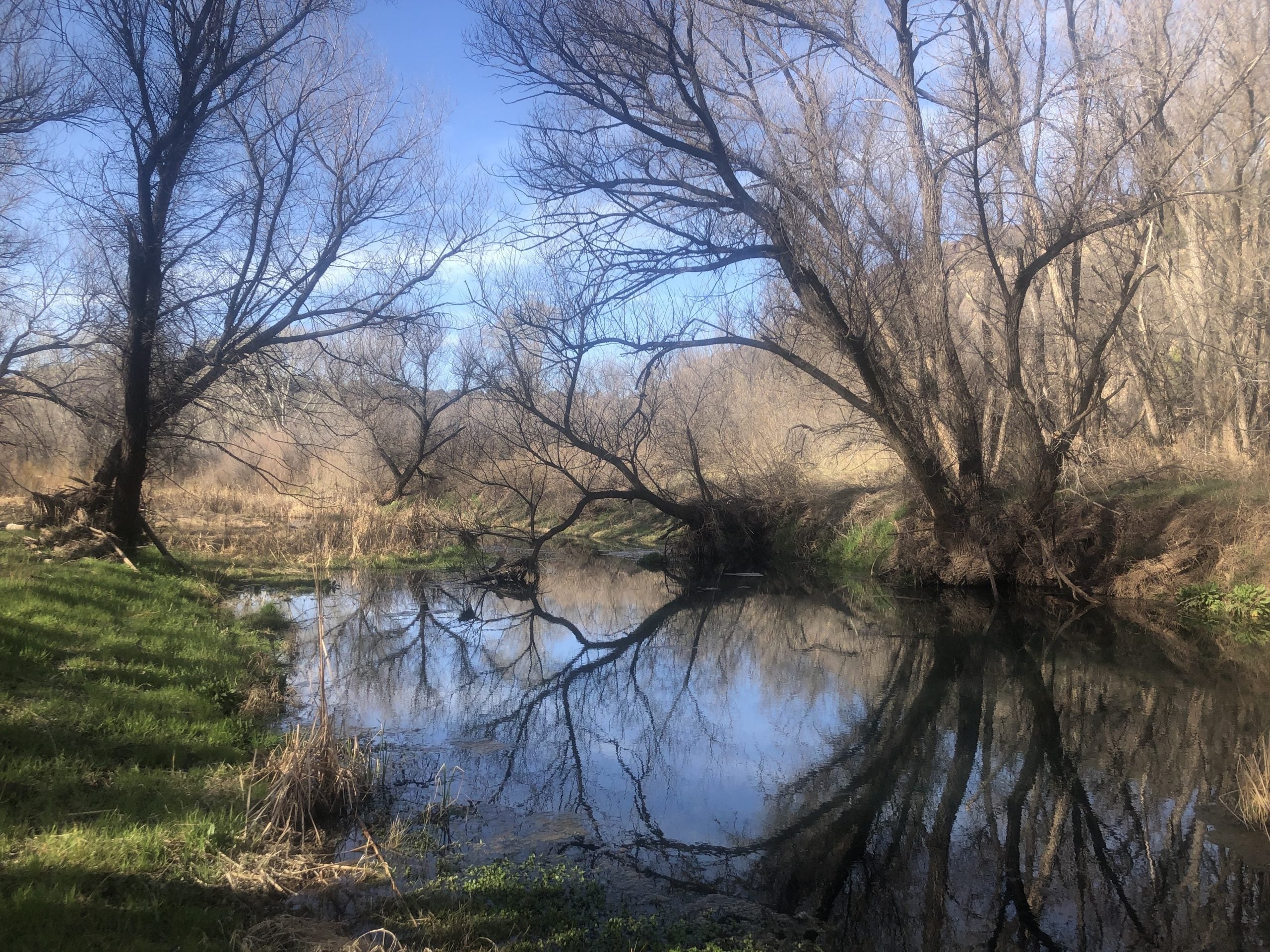
Dr. Robert Bullard and Dr. Beverly Wright, Photo provided by Joseph Video Production and TJ Images.
“50 Years is Enough!”
That was the theme at this year’s 8th Annual Historically Black Colleges and Universities (HBCU) Climate Change Conference in New Orleans. 50 years of indiscriminate toxic dumping, 50 years of hazardous waste sites in frontline communities, 50 years of land-use decisions that harm communities of color – enough! It’s a searing message for attendees and a reminder that shines a light on the emergence of the movement from the 1960s and 1970s, in reaction to discriminatory environmental practices.
The conference began with a painful trip down memory lane, focused on the trials of environmental racism that befell Black communities in the 1960s. Event organizers discussed how imperative it is for policymakers to act in a way that helps ensure that communities have agency and ownership of their own future. The conference highlighted the long history of systemic racism that lies behind the environmental injustices that communities have faced for so many years. It also fueled a fire inside the movement’s trailblazers who spoke at the conference, forcing them to declare that enough is enough. We are fighting back! Read More »



